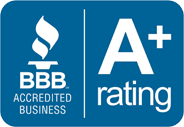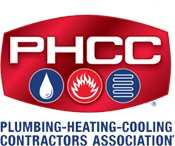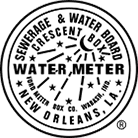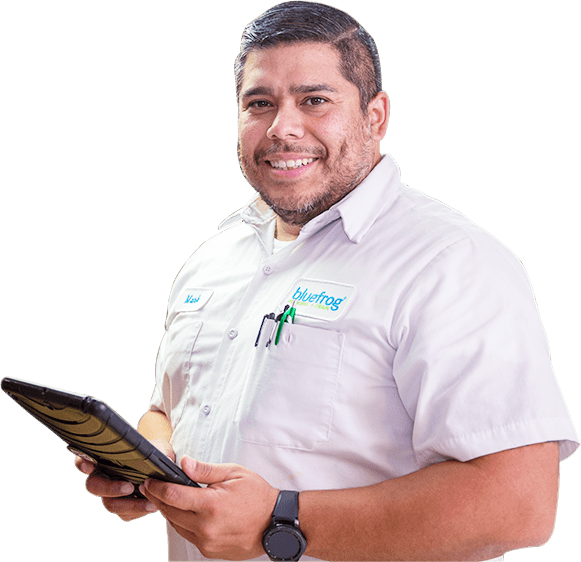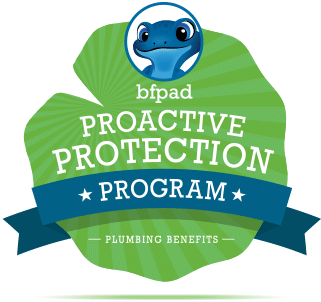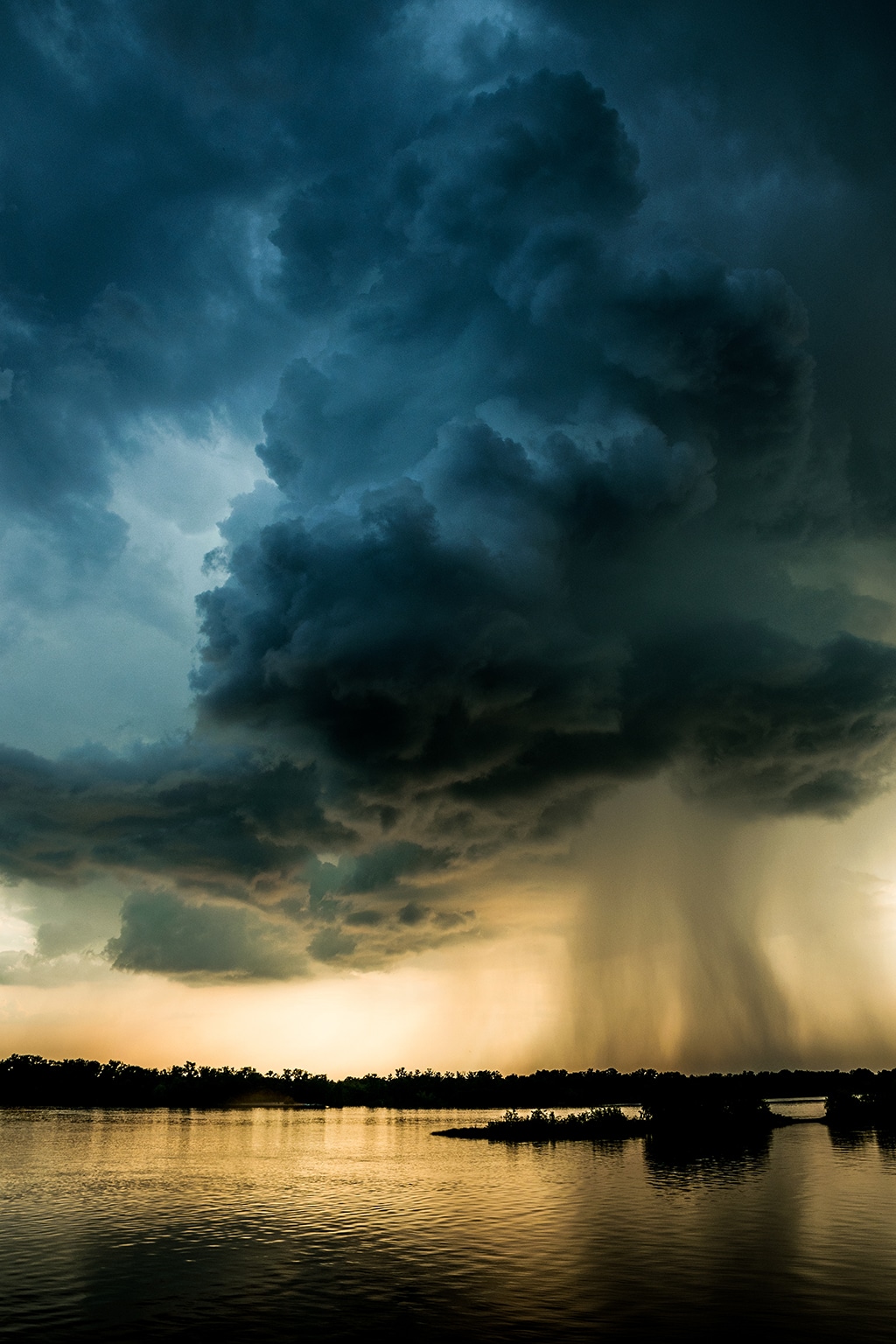
Do You Need A Plumber? | New Orleans, LA
Photo By Konoplytska at Shutterstock
Among all the other woes inflicted on our world during 2020, this year’s hurricane season has been brutal with at least six instances of New Orleans, LA, having to batten down and brace for impact.
With each blow from each storm churning through the Gulf, the possibility of plumbing problems crops up. And while your plumbing may be the last thing you’re facing down a Category 3 or 4 storm, it is always good to prevent as much damage as you can to all your home’s systems so that things can return to normal as soon as possible in the storm’s aftermath. Let’s look at some things to consider before and after the next storm blows through.
Preparing Your Plumbing for Hurricane Season
When it comes to readying your home’s plumbing system for severe storms and hurricanes, preventative planning is the best course of action. A bit of preparation now can lead to less or even no costly repairs when things settle back down and the storm blows back out to sea. Your plumber is the best person to consult with to get your home ready for storms—he can even provide advice on the tools you’ll need to keep your plumbing safe. Some areas of interest:
- Check the drains outdoors for debris, since you may be getting an influx of debris and water that will need to drain away with possibly flooding. Have your plumber give your plumbing system a good look-see to make sure there’s nothing obstructing them that might worsen the problem once the storm hits.
- Water valves. Safeguard your water from any external contamination caused by the storm by turning off the main water pipe prior to the storm hitting. The goal is to make sure that air can still make its way into your plumbing, so your plumber will likely open the tap furthest from your home’s main line. Remember, your water will be off, so you’ll want to stock up on extra drinking water when you head to the store prior to settling down to ride out the storm.
- Water heater. Prior to a big storm like a hurricane, be sure to turn your hot water all the way off. If you keep it on, it may put unnecessary pressure on your home’s plumbing system and reduce the amount of sediment that ends up in the tank, should your water system become contaminated due to flooding.
- Get your sump pump ready. If storm surge and flooding become an issue, make sure your sump pump is powered on and ready to send water away from your basement and foundation.
- Fill your tub with water. Make things a little simpler for yourself by filling the bathtub in each bathroom prior to shutting off your water. You can use the water to flush the toilet while your water is off. A note of caution: children and babies can drown in just an inch or two of water, so keeping a tub full of water around with little ones afoot may not be a good idea for your family.
Post-Hurricane Plumber’s Tips
Once things settle down and the storm has passed, you can begin to assess the damage to your home’s plumbing system. There are a few signs to look for that signify that you may have a problem and need to call on the help of your local plumber.
Watch out for:
- Dirty water. First things first. How does your water look now that you’re back home? Water contamination can be very problematic in the aftermath of large, powerful storms. What happens is that sewer lines become unable to handle the intense pressure that is caused by storm surge, and the sewage backflows into the home. Even if you have a backflow prevention system in place, there’s no sure way to know that it works as it should, and if it doesn’t, your home’s plumbing system may be hit with cross contamination. Look for dirty water coming from the tap, evidence of backflow in tubs, sinks, washers, and dishwashers, and a drop in water pressure. Any of these signal the need to call out your plumber.
- Slow toilets. Heavy rainfall can cause sewer line disruptions. If you notice that your toilet flushes or fills slowly, you may have a problem with your sewer lines—including cracked or shifted pipes.
- Water leaks. Strong winds and prolonged heavy rain can put a lot of stress on your pipes, causing leaks, which is one of the most common plumbing repairs your plumber faces after hurricanes pass.
- Malfunctioning water heater. Sometimes storm water leaks into a tank-style or conventional water heater, which can cause malfunctioning and sediment overload. If your water heater was submerged in flood water, you will probably need to replace at least the heating element of the heater prior to using it. A damaged water heater unit can actually explode or catch on fire, so this is not an issue to take lightly. Always let your plumber check things out to make sure your water heater is in safe condition to use.
- Listen for odd noises. Gurgling and bubbling in the line is a sign of air that’s trying to bypass an obstruction in your pipes. Let your plumber know what’s going on and he’ll provide a sure fix.
- Watch for clogs. Report one or more clogs to your plumber. Multiple clogs is a bad indicator of a major plumbing problem on the horizon. Nip it in the bud right away.
- Check on your sump pump, if you have one. The sump pump is invaluable in moving water away from your home’s foundation. Hopefully, if you have one, it’s been taking care of any water that invades your basement. Check it out and see if it’s doing its job or if your plumber needs to come out and get it working properly.
Count on bluefrog Plumbing + Drain of New Orleans, LA
Reach out to bluefrog Plumbing + Drain of New Orleans for all your pre- and post-hurricane plumbing needs. We’re ready to help however we can, so give us a call at (504) 457-7135 and we’ll hop on over.


